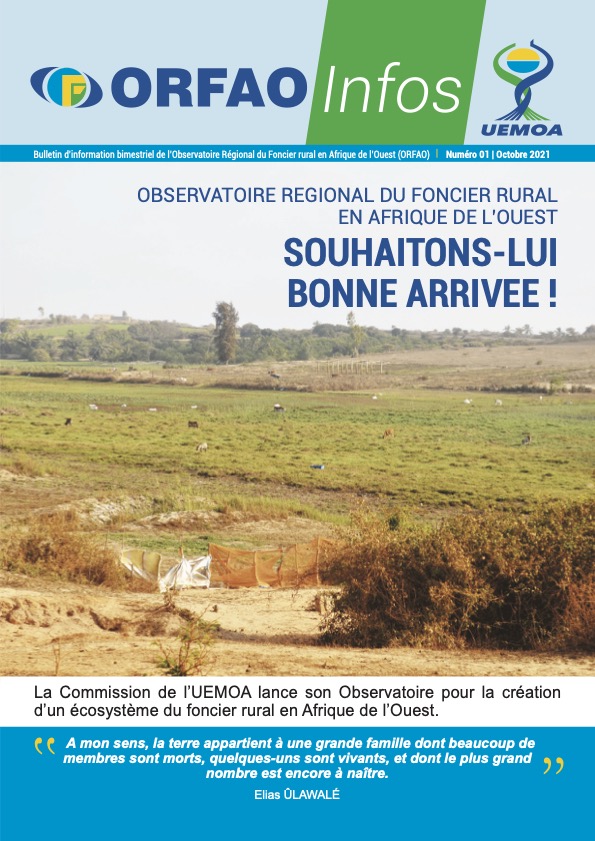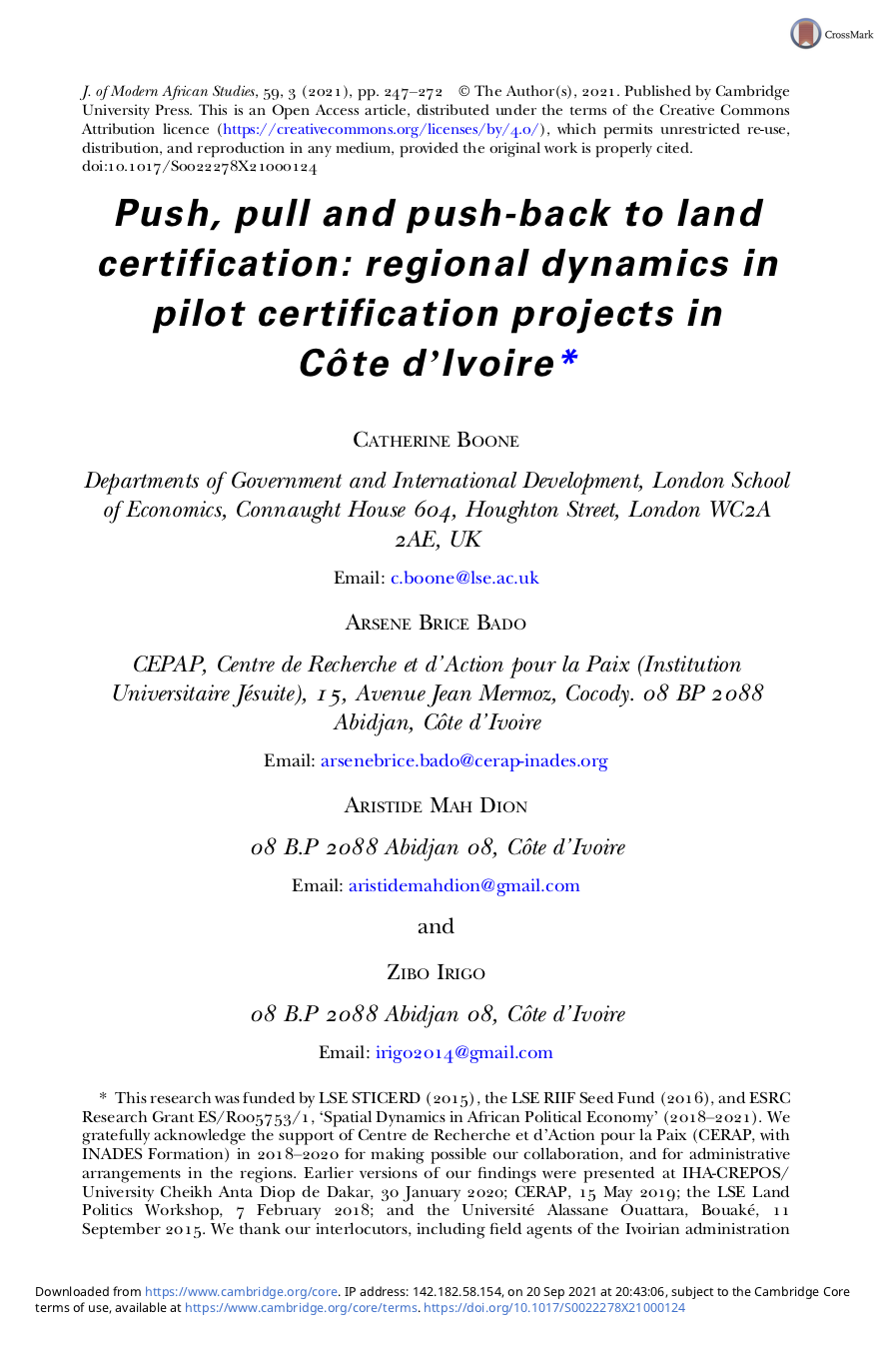Research on Attention Allocation of Land Policy System Reform: A Comparative Analysis Based on Central No. 1 Documents of China
Dealing with relationships on farmland is one of the most important issues in China. Since its reform and opening up, the policies of the Central Committee of the Communist Party of China (CPC) on “agriculture, rural areas, and farmers” have been embodied in the Central No. 1 document. The documents, which represent the purpose of China, reveal the strategic direction and development ideas of the state. Based on Central No.








